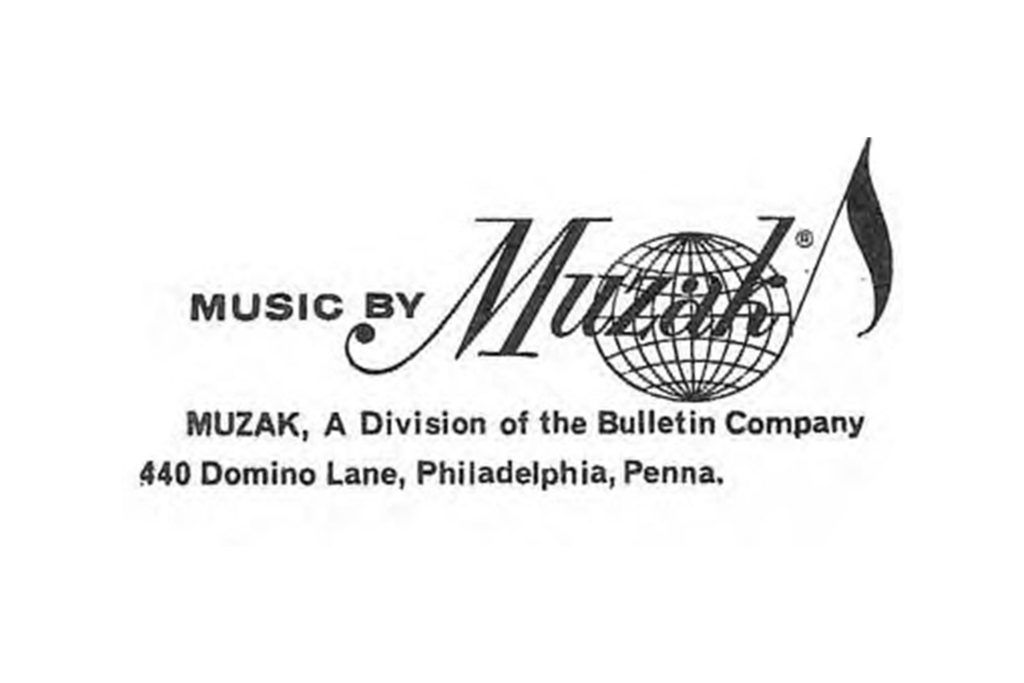The infamous brand of Muzak Holdings has been so present in North American citizens’ lives in the past century that many times the word “muzak” is treated as a common noun, as a synonym for background music. Also known as elevator music, the alliteration between music and muzak reminds us of the Simpsons’ gag of Ketchup and Catsup. This is that bland version of real music, with no personality, used in the background of elevators, shopping malls, and big retail, that gives nightmares to all those who listen to it in a prolonged way.
Muzak started its empire in 1934, but with the years and the boom of youth culture of the 60s and 70s, who sought personality in art, it became a synonym for bad music, corporatism in pure state. The proto-meme was so big at the time that rockstar Ted Nugent tried to buy Muzak Holdings for 10 million dollars with the only intention of closing it down.
But how did such popularly unpleasant music get to be in all the small corners of our lives? Before the internet arrived, it was relatively easy to misguide people with biased studies without almost any opportunity to contrast information. Muzak commissioned “independent” studies that concluded their music helped the workers’ productivity by 9.1% and reduced typing errors by 38.9%. From the offices, their use extrapolated to all commercial environments, inserting Muzak even in elevators.
Years later, the tables have turned, with numerous studies pointing out that the music is more effective in commercial environments when it sticks to the brand image. For example, one fascinating experiment made in a wine cellar showed that customers spent 240% more money when classical music was played rather than selections from a Top 40 playlist. Even if it is retail, or coffee shops and restaurants, the music with a congruent personality to where it is played intensifies the experience. The customers find the business more authentic and, therefore, with more value.
For this reason, in SoundMachine, we bet for the musical variety so that each business can choose what type of music best suits their brand image. Apart from having over 300 music stations, the music service for business offers the possibility to import your playlists from other platforms like Spotify or Apple Music, and a free music concierge service for all those who still don’t know how to transform their brand into music. You can try it for free for 30 days by clicking here.
